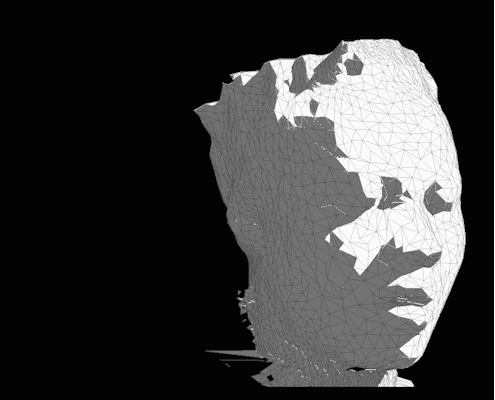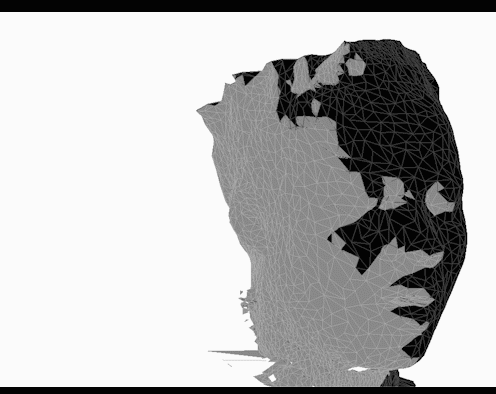(A) Review of exhibits
(B) Description
Culture as Creative in collaboration with GAS, Mimo Mukii & Samira Farah
Narrm-Melbourne, Australia
07/2019 - current
Opened in 1861 The National Gallery of Victoria is Australia's oldest public gallery. The NGV website describes itself as an institution that with galleries that "warmly welcome you to share in these riches and the many activities, exhibitions and events developed at the NGV for us all to enjoy."(1) In 2019 51% of the NGVs operating revenue was from government funding the other 49% was from trading revenue, including exhibition ticket sales. Like most public institutions the NGV has historic patterns of under representation of certain communities, the pattern shown above in the review of 2019 is repeated from year to year.
Established in 1983 The Australian Centre for Contemporary Art, is the second largest musuem in the city of Melbourne. It is described on its website as having "a long-standing tradition of adventurous, provocative and ambitious programming, ACCA has an outstanding track record propelling artists’ careers, and a significant legacy of major commissions which continue to circulate and influence the understanding, appreciation and recent history of contemporary art." (2) Given their own mandates the NGV & ACCA have a responsibility to ensure equitable representation in their exhibits.
Reflecting on our experiences and participation in diasporic communities, and how the flow and movement of people can be linked to culture and tradition, we came to the concept of call & response, a practice prevalent in African and African diaspora music, as well as music from cultures around the world. The practice of call & response encapsulates our intention to form connections and make space for expression and interaction with communities through our design.
Our instrument of choice is the gourd, which are used as household objects, and as musical instruments, in cultures around the world. The ways in which we hang the gourds from our structures will provide an aural experience, as wind will cause the hollowed gourds to create sounds that will resonate through the space they are installed.
After the installation the gourds can be repurposed and reused as artefacts to explain culture, or repurposed as musical instruments, or they can be given back to the communities that decorated them.
Role: Architect on interdisciplinary collaborative
Team: Kholisile Dhliwayo, Samira Farah, Mimo Mukii, Guled Abdulwasi
(1)https://www.ngv.vic.gov.au/about/
(2)https://acca.melbourne/about/
Who funds the NGV and ACCA?
NGV - 51% Government funded
operating revenue in 2019 (53 million)
ACCA - 72% Government funded
operating revenue in 2019 (2.1 million)
"we warmly welcome you to share in these riches and the many activities, exhibitions and events developed at the NGV for us all to enjoy."
NGV website about us
Who is us if you never see some?
"ACCA’s position as a leading centre for contemporary art in Australia focusing on creating opportunities for artists and bringing the best international contemporary art to our audiences."
ACCA website about us section
Does the best contemporary art mainly exist in Europe?
Who are these opportunities created for?
(C) Research
Gourds are used as household objects, and as musical instruments in cultures around the world.
In our research we found gourds were used as everything from hats - Salakot - in the Phillipines, to snuff and liquid containers in South Africa and Kenya, to Rudraveena, Indian Musical instrument, Mate containers and Musical instruments in South American countries, to Maori food and water containers and Feng shui charms in Chinese culture. The ubiquity of the use of this element allows it to serve as conduit for sharing cultures and education. The decoration of the gourds itself becomes a public act of celebrating culture and educating. One of the main goals of this act is to creating a sense of ownership and representation in public institutions for underrepresented communities.
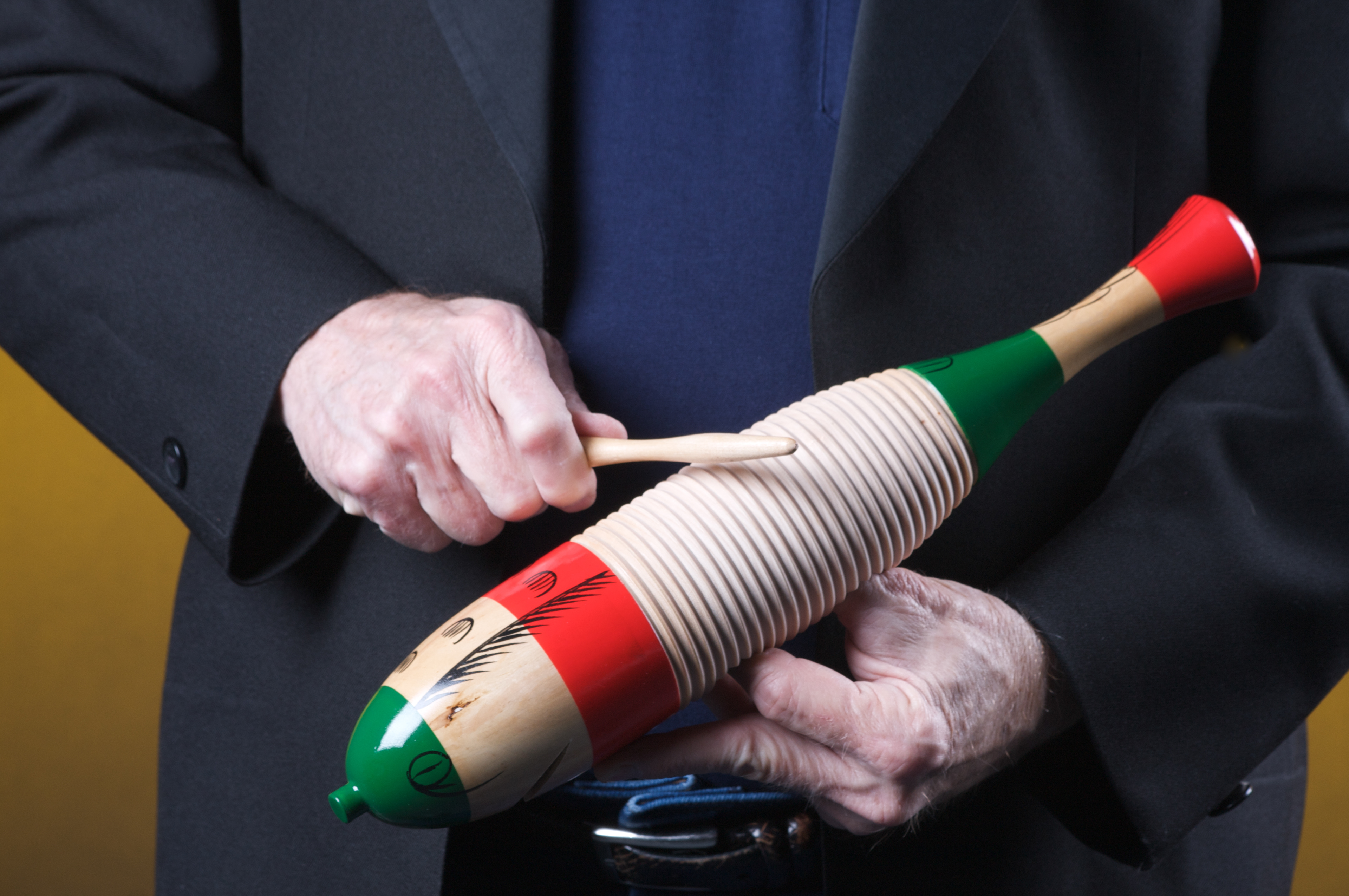
Guiro gourd | Licensed istock precedence photograph credited to mkm3
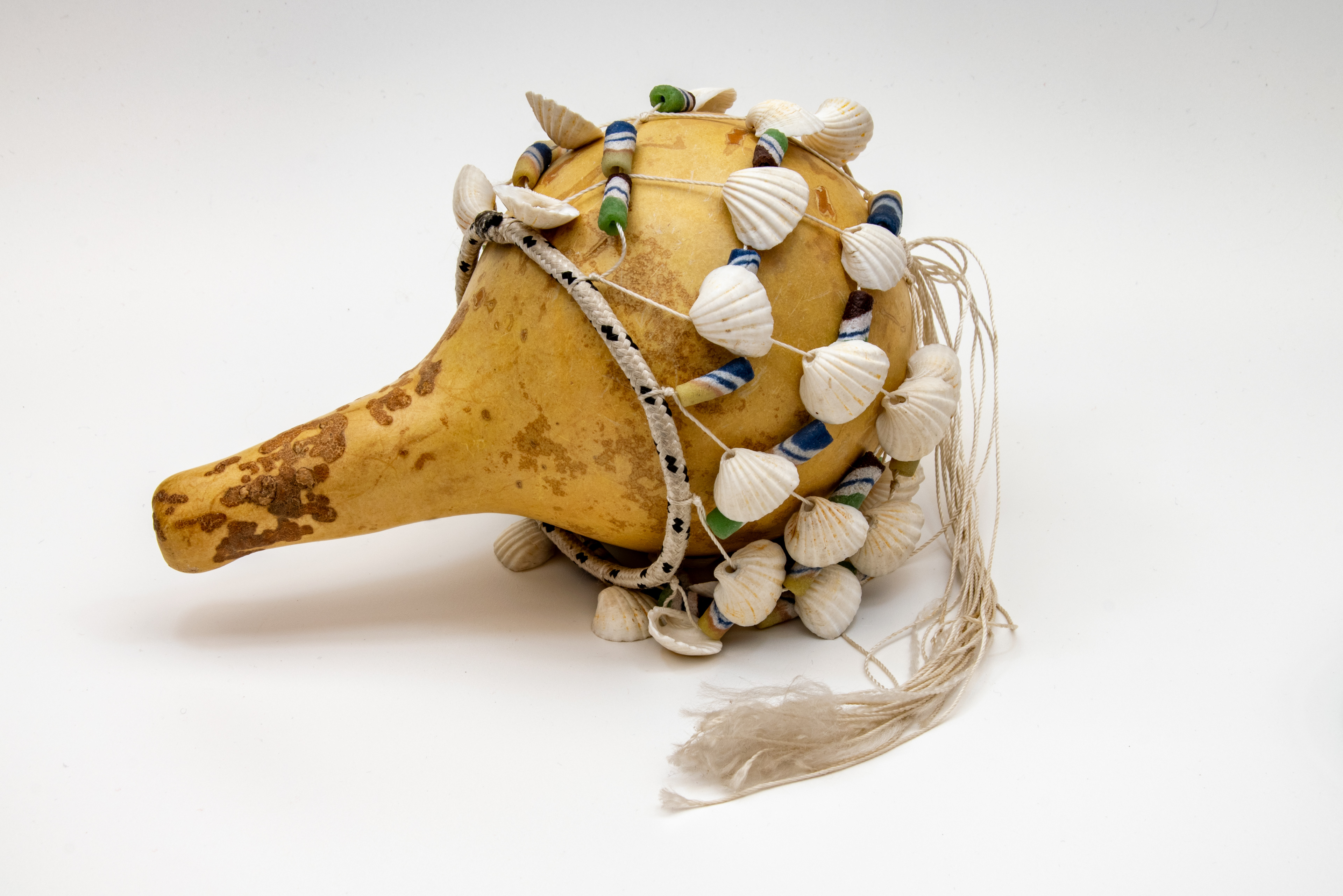
Maraca gourd rattle | Licensed istock precedence photograph credited to Andi Edwards
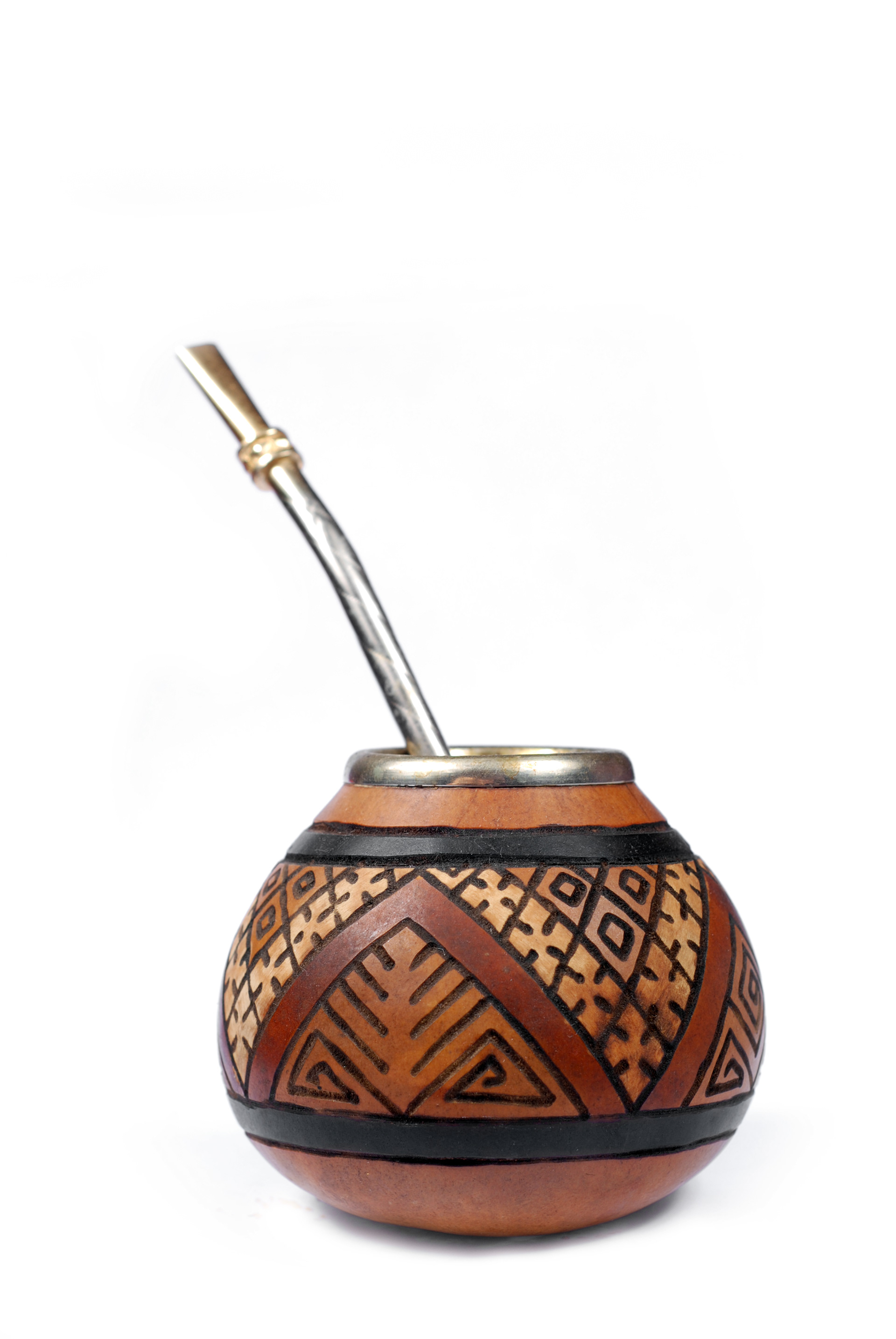
Yerba Mate Clabash | Licensed istock precedence photograph credited to Dmitry Bairachnyi
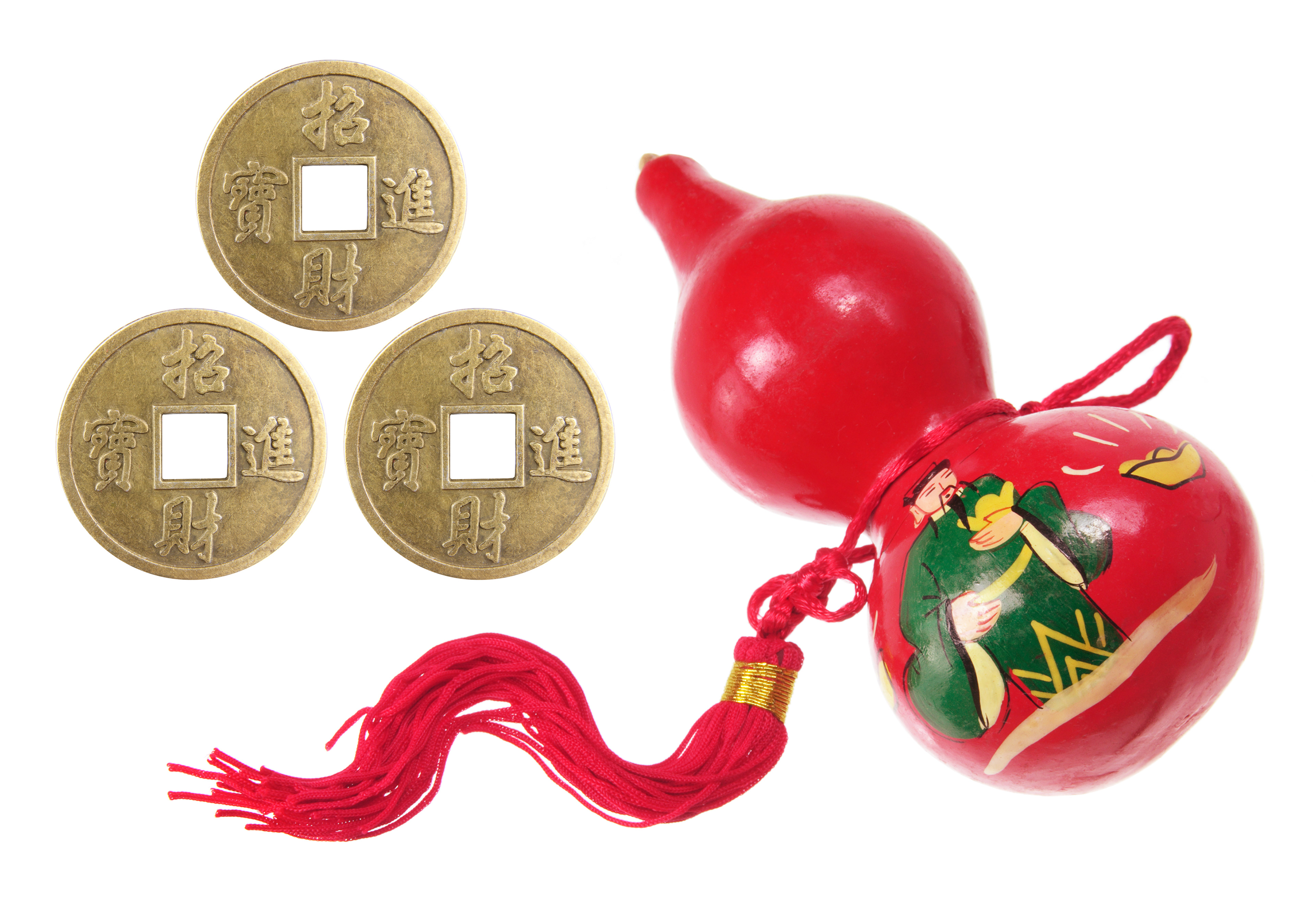
Chinese gourd | Licensed istock precedence photograph credited to Sunstock
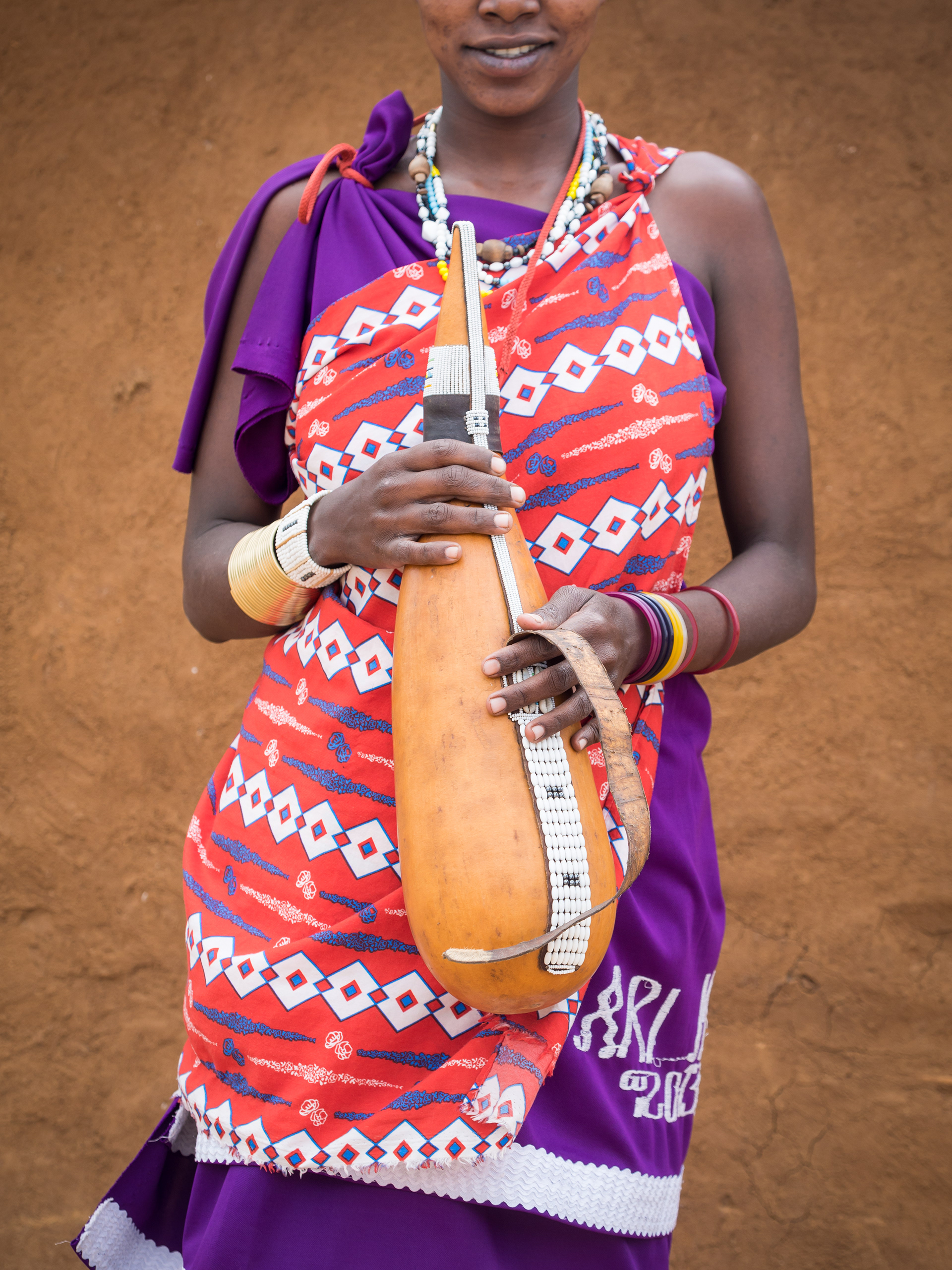
Maasai milk clabash | Licensed istock precedence photograph credited to Sohadiszno

Shekere | Licensed istock precedence photograph credited to Carlos Aranguiz
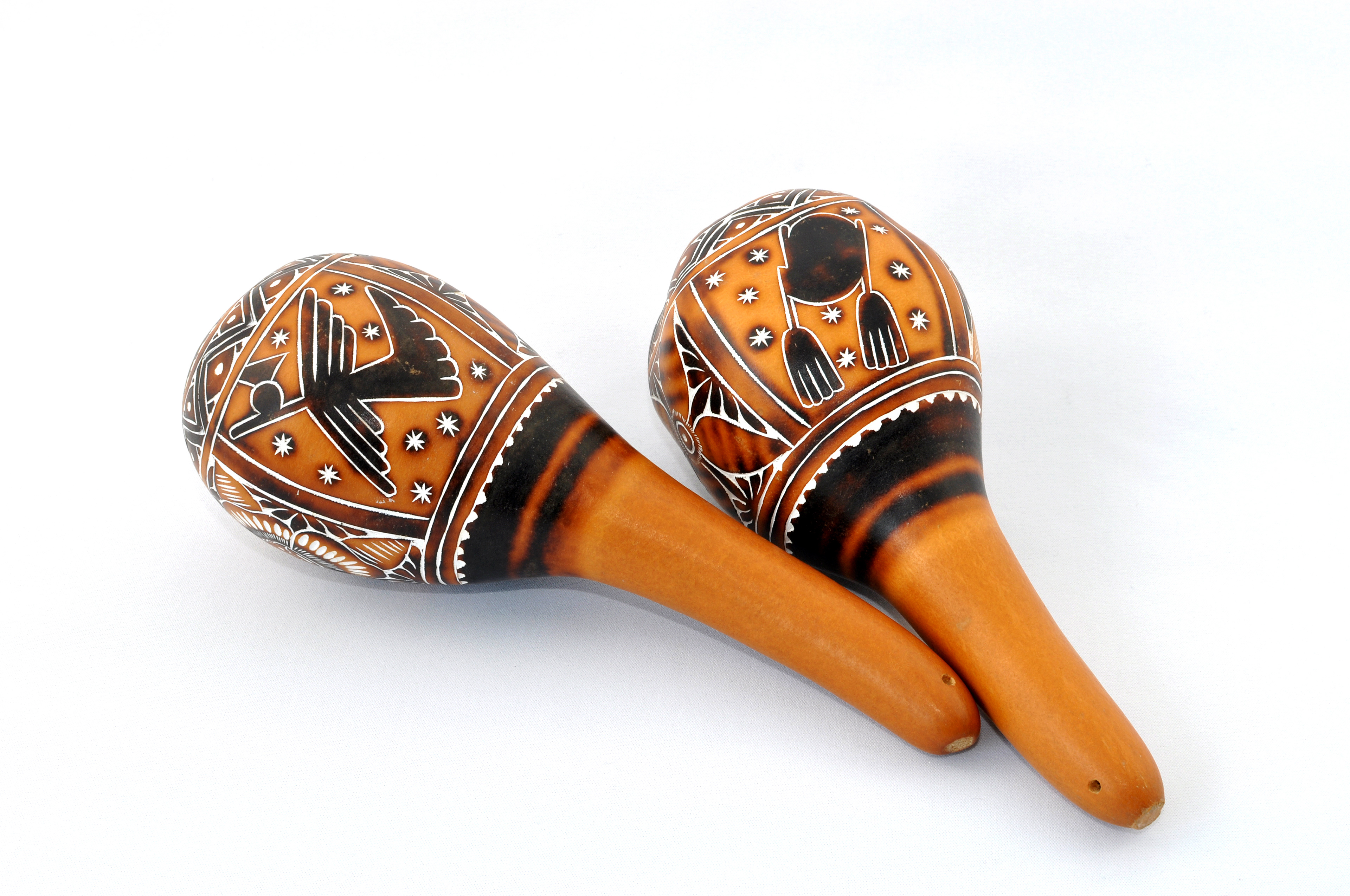
Peruvian Rattles | Licensed istock precedence photograph credited to Mr Pluck
(D) Renders
(E) Drawings
(A) diagram produced Kholisile Dhliwayo
(B) Intitial text drafted by Mimo Mukii & Samira Farah, edited by Kholisile Dhliwayo for the purpose of this portfolios
(C)Research by Kholisile Dhliwayo, Samira Farah, Mimo Mukii, Guled Abdulwasi
(D) & (E) Renders by Kholisile Dhliwayo & Guled Abdulwasi
